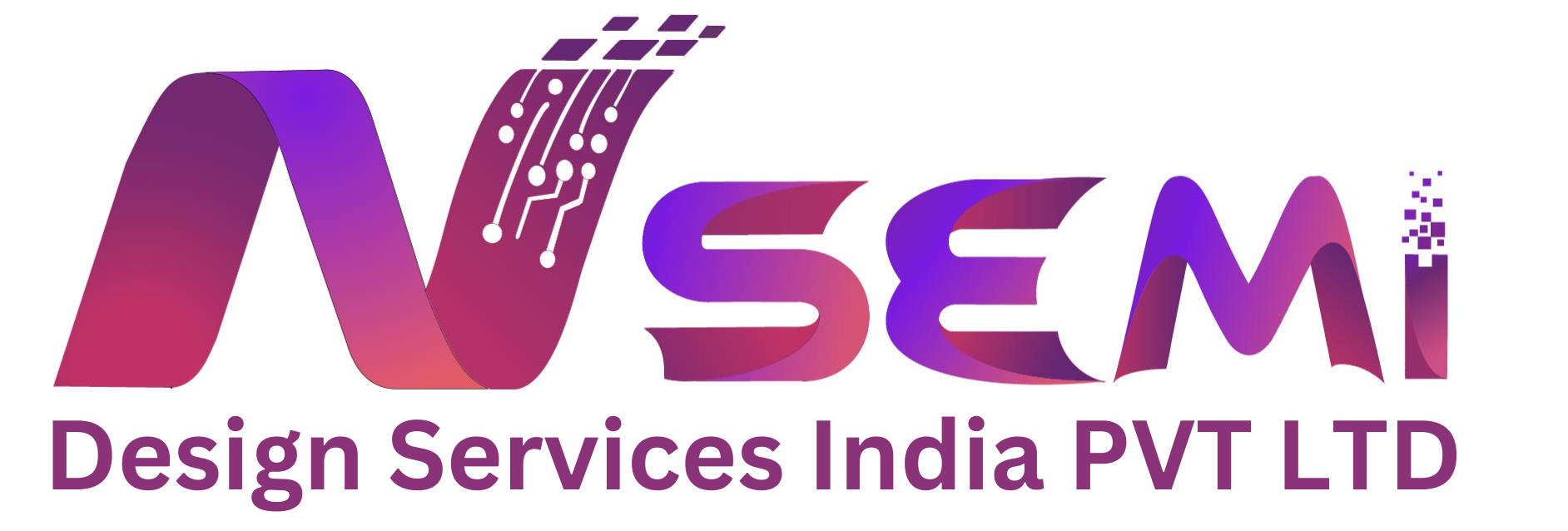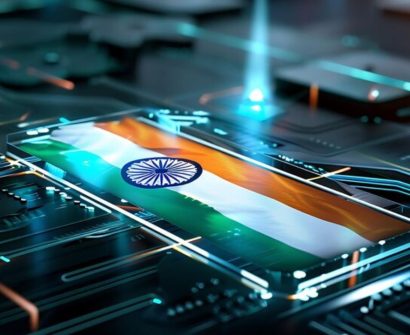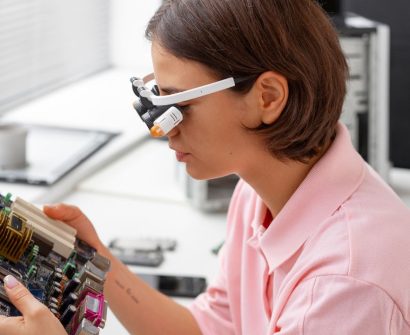
Introduction
The integration of Artificial Intelligence (AI) in the semiconductor industry is transforming chip design, manufacturing, and optimization. As AI-driven applications demand higher processing power, semiconductor companies are leveraging AI to enhance efficiency, reduce costs, and accelerate innovation. In this blog, we explore how AI is shaping the semiconductor industry and what the future holds.
How AI is Transforming the Semiconductor Industry
1. AI in Chip Design and Optimization
Traditional chip design requires extensive time and expertise. AI-powered tools streamline this process by:
- Automating Design Layout: AI algorithms optimize circuit layouts for performance and efficiency.
- Enhancing Verification and Testing: Machine learning (ML) models detect design flaws and enhance design for testability (DFT).
- Optimizing Power and Performance: AI-driven simulations predict power consumption and optimize chip architecture.
2. AI in Semiconductor Manufacturing
AI is revolutionizing semiconductor fabrication by improving precision and yield. Some key applications include:
- Predictive Maintenance: AI-powered analytics predict equipment failures, reducing downtime.
- Defect Detection: AI-enhanced image recognition identifies defects in wafers with high accuracy.
- Process Optimization: Machine learning models optimize manufacturing parameters for higher efficiency.
3. AI in Supply Chain and Logistics
The semiconductor supply chain is complex and vulnerable to disruptions. AI helps by:
- Demand Forecasting: AI analyzes market trends to predict demand and prevent shortages.
- Inventory Management: Smart algorithms optimize inventory levels, reducing waste and costs.
- Logistics Optimization: AI-driven logistics solutions enhance delivery efficiency and minimize delays.
Challenges of AI in the Semiconductor Industry
While AI offers numerous benefits, there are challenges to its adoption, including:
- High Implementation Costs: Integrating AI-driven solutions requires significant investment.
- Data Privacy and Security: AI models rely on vast amounts of data, raising security concerns.
- Skill Gap: A shortage of AI and semiconductor experts limits widespread adoption.
The Future of AI in Semiconductor
The future of AI in the semiconductor industry looks promising, with advancements such as:
- AI-Designed Chips: AI-driven chip design tools will create next-generation processors with minimal human intervention.
- Self-Optimizing Manufacturing: AI models will continuously refine semiconductor fabrication for improved yield and efficiency.
- Neuromorphic Computing: AI-powered chips that mimic human brain functions will enable more efficient AI processing.
Conclusion
The fusion of AI and semiconductors is ushering in a new era of innovation. From chip design to manufacturing and supply chain management, AI is optimizing every aspect of the industry. As technology evolves, companies that embrace AI will stay ahead in the competitive semiconductor market.
Are you ready to explore AI-driven semiconductor solutions? Stay ahead by integrating AI into your semiconductor processes today!





